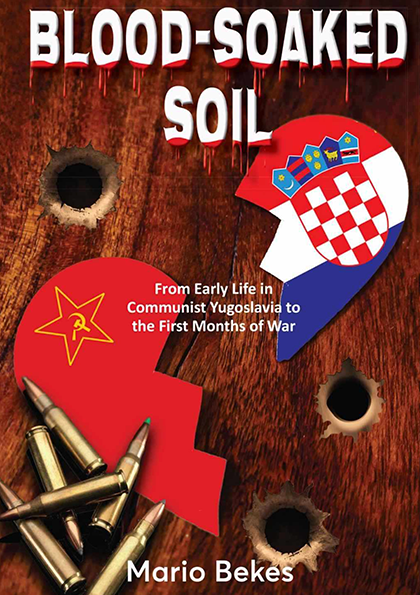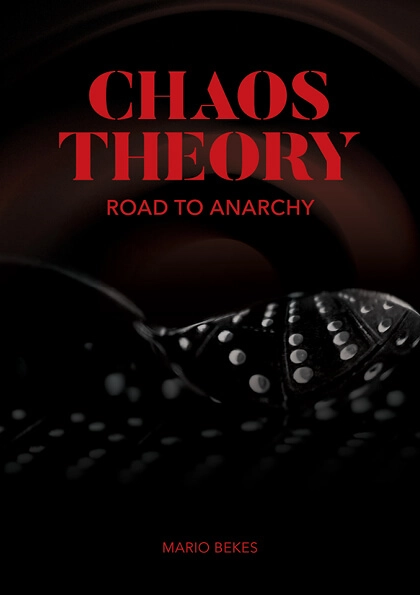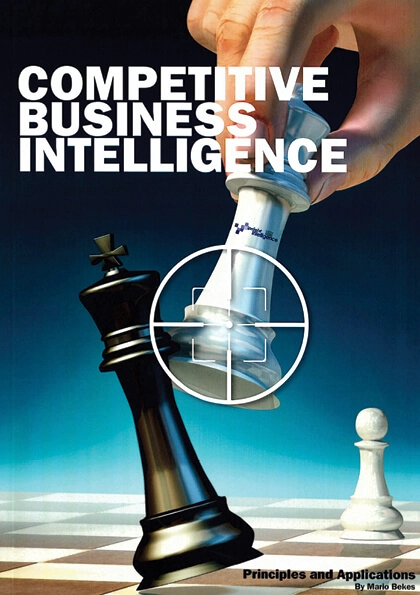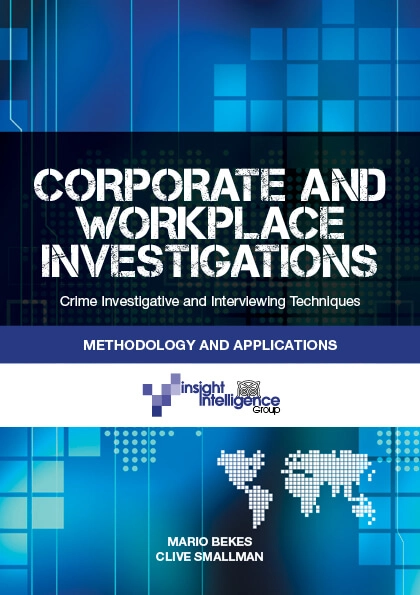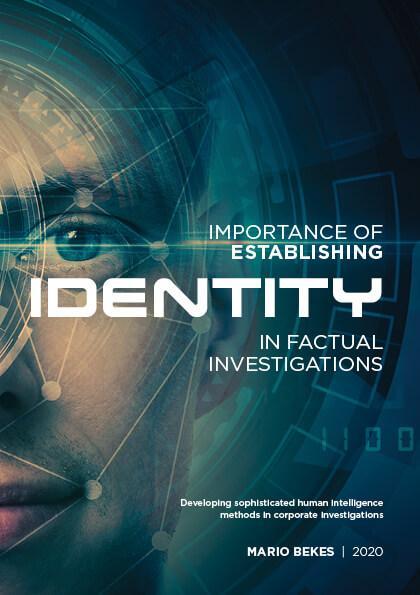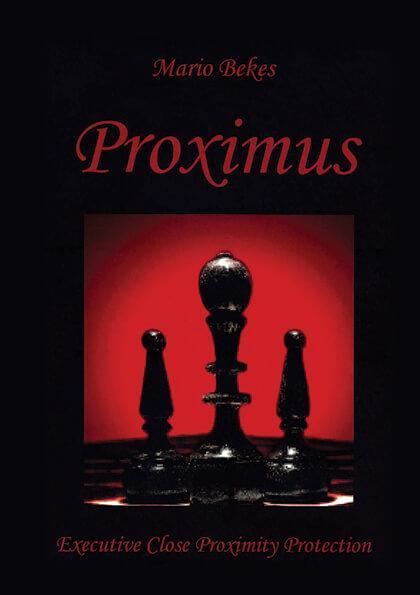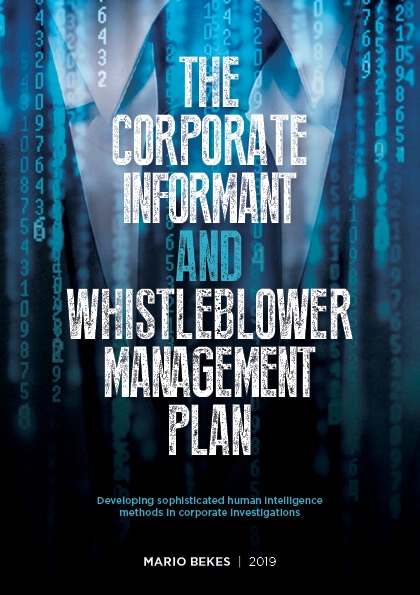In business world intelligence and counterintelligence become more and more important element in creating success and wealth on the market for small, medium and large organisation and companies as well in minimising risks from being take over, fraud, industrial espionage, theft of intellectual property, blue prints, and trade secrets and list goes on.
Regardless if you are just about to start your private business or you are in the sit as decision maker in large organisation you will heavily depend on gathered intelligence about your competitor or their product.
Most of the time organisation will use softwares to analyse collected data or they will use external company (contractor) to analyse their competitor or product.
Saying that, did you ask your self how some external company collecting data about your competitor, how this data is stored, who has access to this data and perhaps this data is collected on your behalf and in the end is presented to your client. Do you have control over information? How this data is validated?
Do you believe that giving to your employee or contractor Confidentiality Agreement solve all your problems in preventing industrial espionage or perhaps fraud or in the end theft of your intellectual property? No, it is your liability to protect information and trading secret and in case that intellectual property is stolen, it becomes hard to prove who and when take this information (intellectual property), at the end loss of intellectual property can cause downfall of company, shattered their reputation in the market, confidence in investors or stakeholders.
Perception is reality, and with accurate intelligence your perception will increase and give you benefits in performing better on market, in protecting intellectual property.
